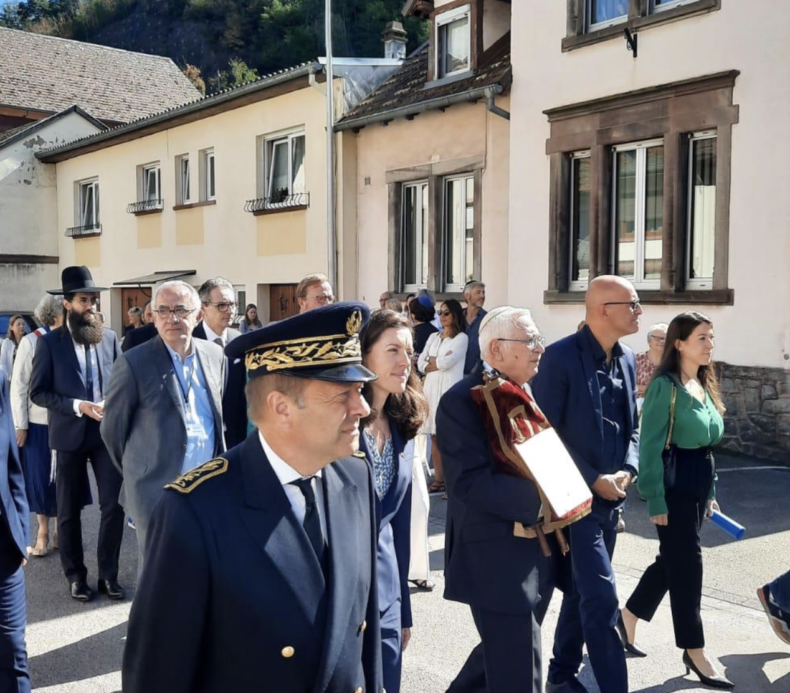European route of Jewish Heritage, the official certification renewed

From the vestiges of Roman emperors along the Danube to the most recent signs of the Liberation from the Nazis and Fascists and from industrial heritage landmarks to the historical gardens route, there are 47 cultural itineraries under the protection of the Council of Europe. The network started in 1987 and has gradually expanded to enhance the “shared and living heritage” of peoples and identities. One of the 47 itineraries, established in 2004, is the European Route of Jewish Heritage. It is an articulated set of “archaeological sites, historic synagogues, cemeteries, baths for ablutions, Jewish quarters, monuments and memorials”, entrusted to the care of the European Association for the Preservation and Promotion of Jewish Culture and Heritage (AEPJ), the referent association, among many initiatives, also of the European Days of Jewish Culture.
The value of the Jewish Heritage route was recently confirmed by the official recertification following the regular evaluation that each of the Cultural Routes of the Council of Europe program undergoes every three years carried out by the EPA Governing Board. AEPJ leadership welcomed the result. “We are very proud to participate in this program and to be the institution that represents Jewish heritage in Europe”, reads a note. “It is our commitment to continue working not only to meet the technical requirements, but also to promote European values in all our projects and initiatives in European Jewish heritage and culture, in an open, pluralistic, collaborative, and inclusive way”.
Much of the history of the Jewish people in the continent, recalls the Council of Europe, has its roots in a past of migrations, persecutions, and precariousness. But, it stresses, also made up of exchanges, humanism, and mutual enrichment. Consequently, a fundamental aspect of the Jewish routes, which include Italy with twenty other states, “is the recognition of the essential contribution of the Jewish tradition to the construction of cultural diversity”.
Above, celebrating the last edition of the European Day of Jewish Culture, in the Alsatian town of Schirmeck.
